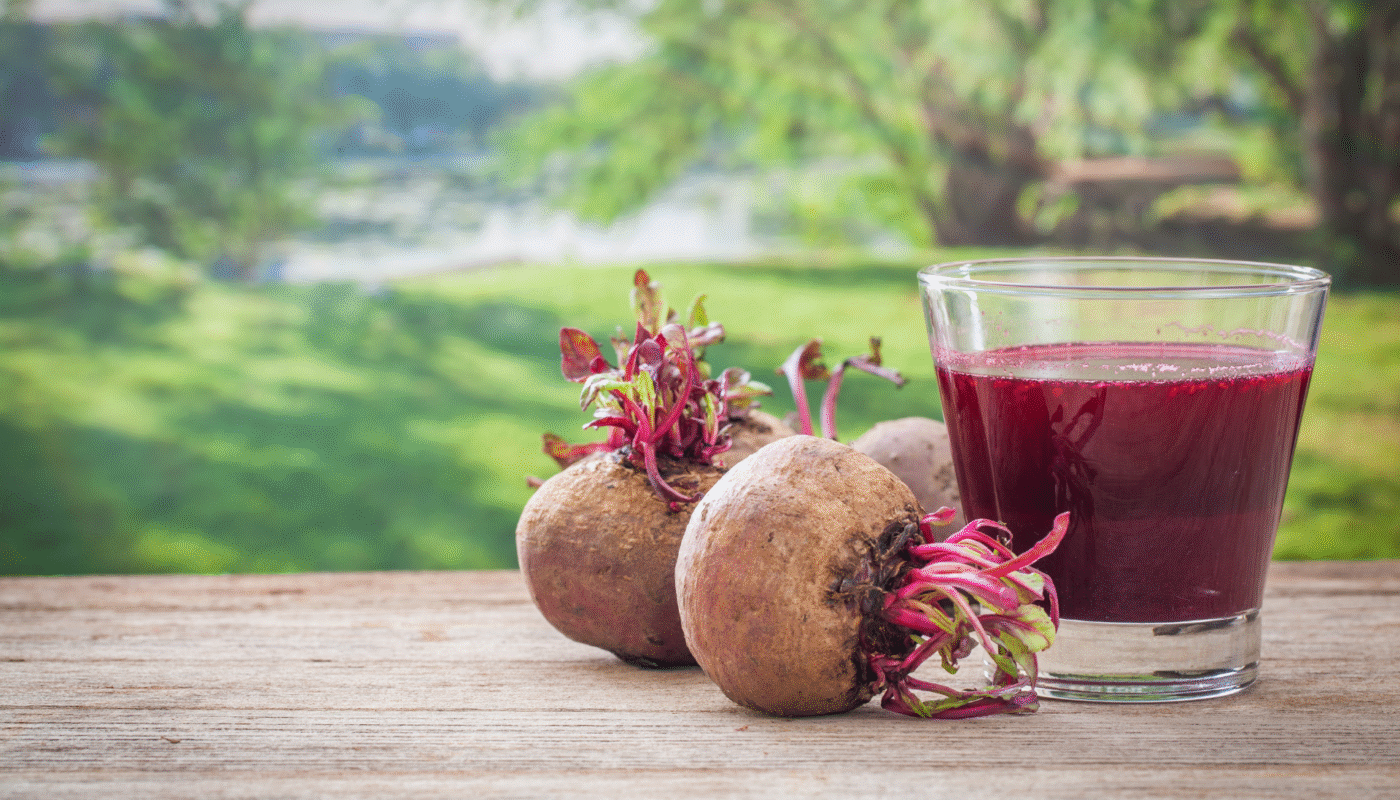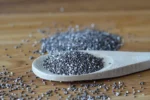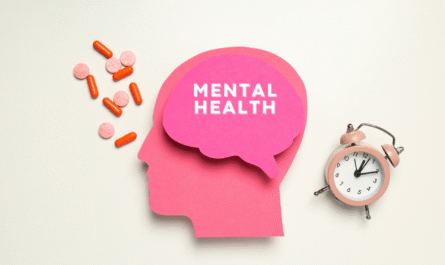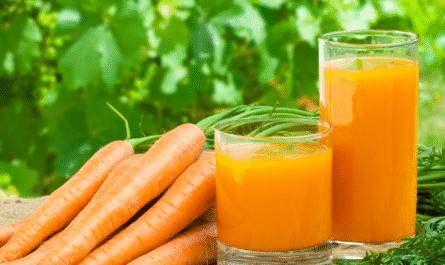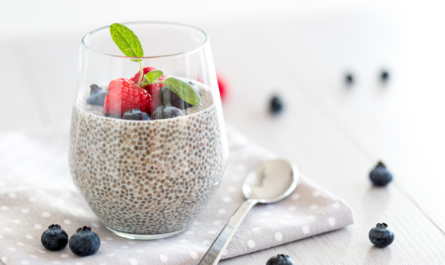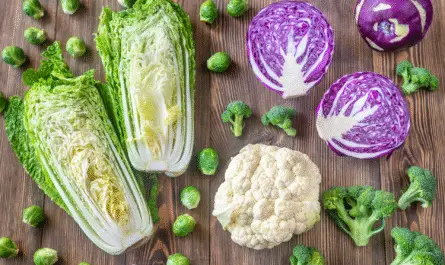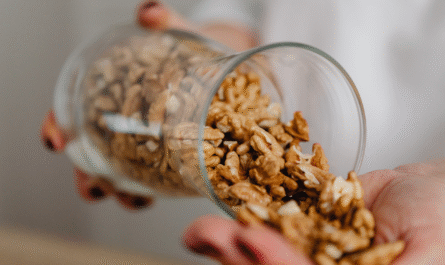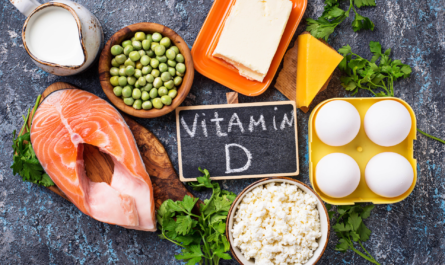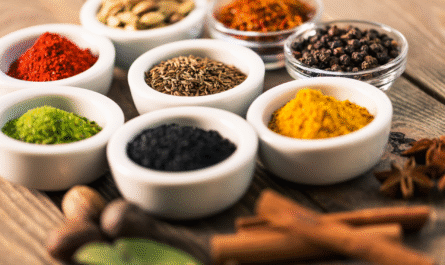I’ve been recommending beetroots to clients and patients for years, and there’s a good reason why. This vibrant root vegetable isn’t just colorful on your plate; it’s a nutritional powerhouse with scientifically backed benefits.
Whether you’re looking to boost athletic performance, support heart health, or fight inflammation, beetroots are worth a closer look. Let me walk you through the top health benefits of beetroots, based on both research and what I’ve observed in practice.
1. Boosts Athletic Performance
Beetroots are rich in dietary nitrates, which the body converts into nitric oxide. This compound helps improve blood flow, reduce oxygen cost during exercise, and enhance endurance. I often recommend beetroot juice to athletes as a natural performance enhancer.
Multiple studies show that beetroot supplementation can significantly increase stamina and reduce fatigue during high-intensity workouts. For best results, I suggest drinking beetroot juice about 2-3 hours before training or competition.
2. Supports Heart Health
Cardiovascular health is one of the most critical areas where beetroots shine. The nitrates in beets help dilate blood vessels, lower blood pressure, and improve circulation. I’ve seen clients with borderline hypertension benefit from regular beet consumption.
Over time, it can lead to measurable improvements in systolic and diastolic blood pressure, and support better endothelial function—a key factor in preventing heart disease.
3. Improves Cognitive Function
Cognitive decline is a growing concern, especially as we age. Beets may help maintain brain health by increasing blood flow to the brain, particularly in the frontal lobe, which is involved in decision-making and memory.
I often recommend beetroot to older adults or anyone looking to sharpen their mental edge. One small study using MRI scans even showed increased blood flow to the brain after beet juice consumption.
4. Aids Detoxification
Beetroot contains a phytonutrient called betalain, which supports the liver’s detoxification processes. In my nutritional practice, I recommend beets as part of a liver-supportive diet.
They help the body neutralize toxins and facilitate their excretion. Plus, beets are rich in fiber, which helps eliminate waste through the digestive tract.
5. Anti-Inflammatory Properties
Chronic inflammation underlies many modern diseases, including arthritis, diabetes, and even some cancers. Beetroots have anti-inflammatory effects thanks to their rich antioxidant profile, including betalains, vitamin C, and manganese. I’ve had clients report decreased joint pain and overall improved energy when incorporating beets regularly into their diet.
6. Supports Digestive Health
Beetroots are a good source of fiber, which is crucial for a healthy gut. Fiber aids in digestion, prevents constipation, and feeds beneficial gut bacteria. I always emphasize the importance of gut health as it impacts everything from immunity to mood. Raw beets, roasted, or fermented beet kvass can all be effective ways to boost fiber intake and improve digestive function.
7. Helps Fight Anemia
Beetroot is often mistakenly thought to be high in iron—it isn’t. However, its high folate content plays a key role in red blood cell production. Combined with its vitamin C content, which enhances iron absorption from plant-based sources, beets can be a helpful part of an anti-anemia diet. I often pair beets with other iron-rich foods like lentils or spinach to maximize benefit.
8. Supports Healthy Skin
Glowing skin starts from within, and beets help by supporting circulation, detoxification, and reducing inflammation. The antioxidants in beets protect skin cells from oxidative stress, while improved blood flow helps deliver nutrients more effectively to skin tissue. I’ve seen clients notice clearer, more radiant skin after adding beets to their diet for just a few weeks.
9. May Have Anti-Cancer Properties
While the research is still developing, early studies suggest that betalains in beetroot may have anti-cancer effects. They’ve been shown to reduce tumor cell growth in lab settings, particularly with colon, breast, and prostate cancers.
I don’t treat cancer with diet alone, but I do recommend beets as part of a broader cancer-prevention strategy that includes a diverse, antioxidant-rich diet.
How to Incorporate Beets into Your Diet
If you’re not used to eating beets, don’t worry, they’re versatile. You can roast them, juice them, pickle them, or shred them raw into salads. I often suggest starting with small portions, especially if you’re new to their earthy flavor. Here are a few of my go-to options:
- Beet juice: A quick way to get a concentrated dose of nutrients. Just keep portions moderate (4-6 oz) to avoid excessive sugar intake.
- Roasted beets: Toss with olive oil, salt, and herbs. Great as a side dish or salad topper.
- Beet hummus: Blend cooked beets with chickpeas, tahini, and lemon for a colorful dip.
- Beet kvass: A fermented beet drink that also supports gut health.
A Word of Caution
Beets are generally safe for most people, but there are a few considerations. Some people experience beeturia—a harmless condition where urine turns pink or red after beet consumption. People with kidney stones should monitor their intake, as beets are high in oxalates.
Also, if you’re taking blood pressure medication, consult your healthcare provider before dramatically increasing your beet intake, as the combined effect might lower your blood pressure too much.
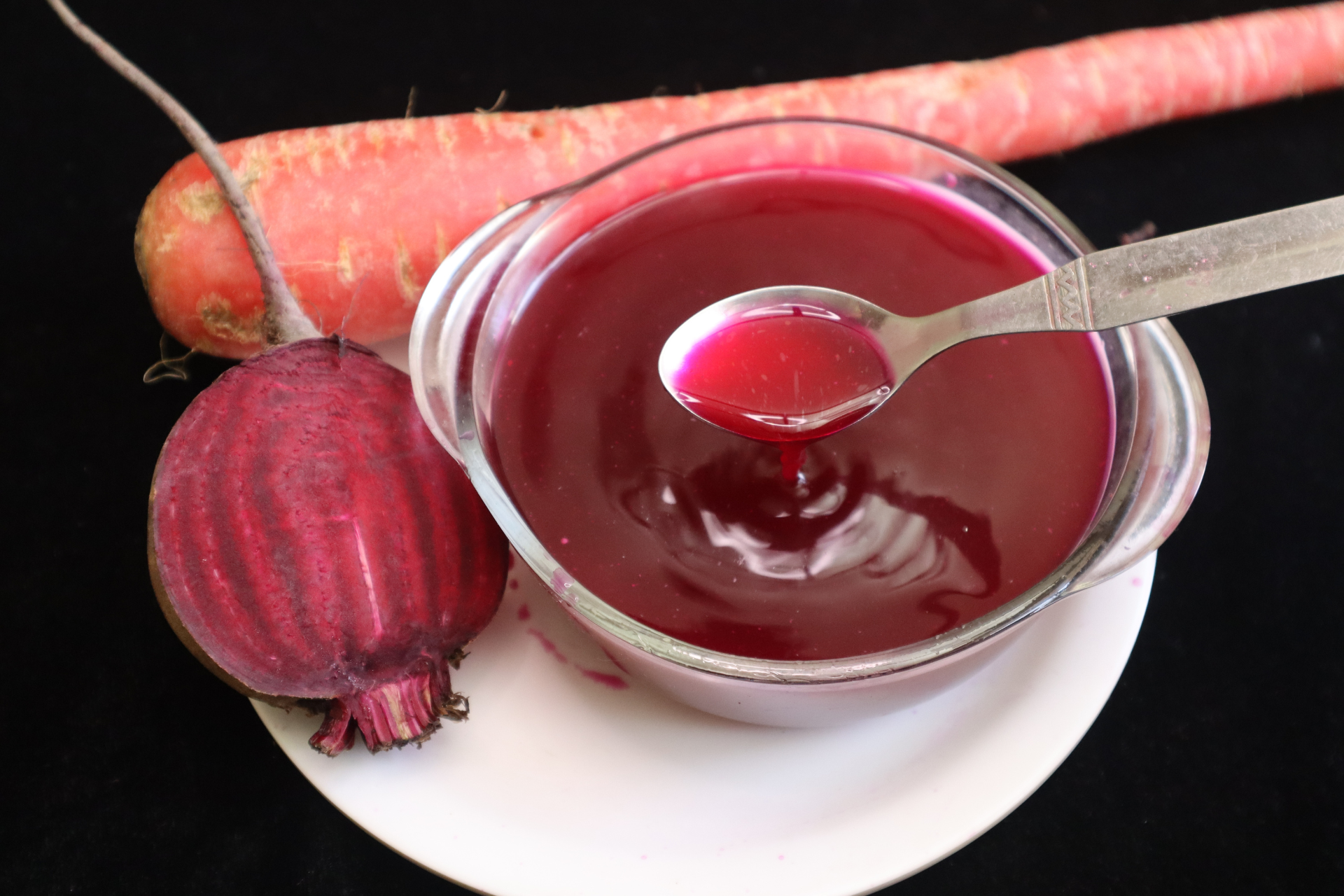
Final Thoughts
As a nutrition expert, I consider beets one of the most underrated superfoods available. They’re affordable, accessible, and packed with health benefits that are hard to ignore. Whether you’re training for a marathon, supporting your heart, or simply looking to eat more vibrantly, beets are a smart, science-backed addition to your diet.
Start small, stay consistent, and your body will thank you. Trust me, this is one root you want to stay connected to.
FAQs
How much beetroot should I eat per day to get the benefits?
I usually recommend around ½ to 1 cup of cooked beets or 4–6 oz of beetroot juice per day. That’s enough to support cardiovascular health and exercise performance without overloading on natural sugars or oxalates.
Is it better to eat beets raw or cooked?
Both have benefits. Raw beets retain more nutrients like vitamin C and certain antioxidants, while cooked beets are easier to digest and still rich in fiber and nitrates. I often suggest mixing it up to get the best of both worlds.
Can beetroot really help lower blood pressure?
Yes, multiple studies back this up. The nitrates in beets convert into nitric oxide, which helps dilate blood vessels and reduce blood pressure. I’ve personally seen clients experience noticeable improvements within a few weeks of daily beet consumption.
Are there any side effects to eating too many beets?
For most people, the main concern is beeturia (red or pink urine) or red stools, which is harmless. But those prone to kidney stones should moderate their intake because of the oxalate content. Also, too much beet juice can cause a drop in blood pressure, especially if you’re already on medication.
Can I get the same health benefits from beetroot powder or supplements?
Beetroot powders and capsules can be effective, especially for boosting nitric oxide before workouts. But I always prefer whole foods when possible. Beets in their natural form also give you fiber and other micronutrients that are often missing from supplements.

